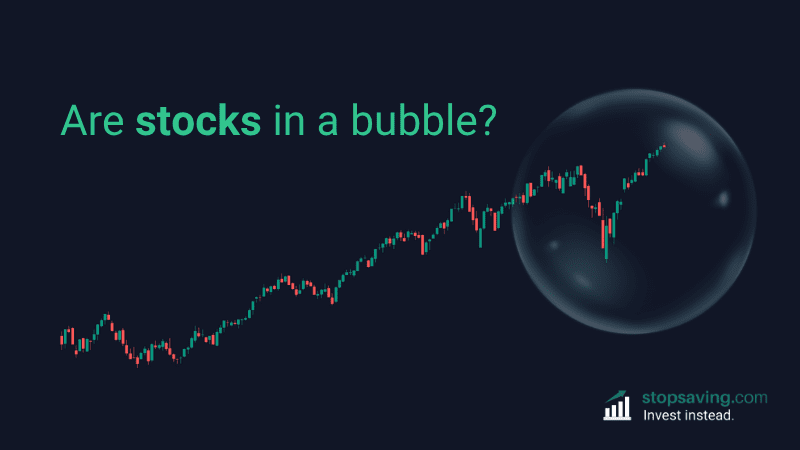
One Big Beautiful Bill Act. We'll leave the "Beautiful" part to the politicians.
This post highlights sixteen items from the Act. We think they could be of interest to folks like us, in the solid,
prosperous 9%, just below the top 1%.
The bill extends many provisions of the 2017 Tax Cuts & Jobs Act (TCJA) and adds new items that reflect the priorities of the current administration. Understand that this is an overview and is not tax or investment advice. Consult with your tax advisor, do your own due diligence, or contact us to discuss your situation. .
A note about the word "permanent." In tax bill jargon, permanent
means there's no end date or "sunset" date for a provision. A permanent provision
will last until legislators decide to change it. This is in contrast to
items that have end dates. The point here is to know that permanent
doesn't mean forever, and it's useful to be aware of possible end dates.
Let's get into it.
✓ Tax rates: The tax rates
enacted in 2017 were made permanent. So, your tax bracket status won't change except for inflation adjustments.
✓ Standard deduction: The increased standard deductions enacted in 2017 were made permanent. The standard deduction is $15,750 for single
filers and $31,500 for married
individuals filing jointly. The standard deduction will be adjusted for
inflation after that. These changes include 2025.
✓ Personal exemptions and senior deduction: The bill permanently sets the deduction for personal exemptions at zero.
However, it provides a temporary $6,000 deduction for taxpayers who are age 65 or older. This senior deduction
begins to phase out when a taxpayer’s MAGI (modified adjusted gross income) exceeds $75,000 for individual filers or $150,000 in
the case of a joint return. It will be in effect only for the years 2025
through 2028.
This has been politically sold as the "no tax on Social Security" feature. In fact, the bill makes NO changes to
how Social Security is taxed. The bill makes no carveouts or direct
exemptions. It’s flat out false for anyone to say or
insinuate the bill made Social Security not taxable.
✓ SALT cap: The bill temporarily increases the SALT cap (state and local taxes) to
$40,000 from the current $10,000. In
2026, the cap will be $40,400, and then will increase by 1% annually,
through 2029. Starting in 2030, it will revert to the current $10,000. (Not permanent!)
The $750,000 limit on residential mortgage principal against which interest can be deducted was made permanent.
✓ Itemized deductions limitation: The bill permanently
removes the overall limitation on itemized deductions (known as
the Pease limitation) and replaces it with a new overall limitation on
the tax benefit of itemized deductions. The amount of itemized
deductions otherwise allowable would be reduced by 2/37 of the lesser of
(1) the amount of the itemized deductions, or (2) the amount of the
taxpayer’s taxable income that exceeds the start of the 37% tax rate
bracket.
✓ Charitable contribution deduction: The bill creates a
charitable contribution deduction for taxpayers who do not itemize. Non-itemizers can claim a deduction of up to $1,000 for
single filers or $2,000 for married taxpayers filing jointly. For itemizers, the bill imposes a 0.5% floor
on the charitable contribution deduction: The amount of an individual’s
charitable contributions for a tax year is reduced by 0.5% of the
taxpayer’s contribution base for the tax year.
✓ EV tax credits: The $7,500 electric vehicle tax credit for new EV's will expire on September 20, 2025, regardless of where they were made. Much more detail is available on the Edmund's page here.
✓ Residential solar tax credits: Phaseout of the 30% federal tax credit for installations will lead to its elimination by 2028.
✓ Residential energy-efficient installations: The Energy Efficient Home Improvement Credit and the Residential Clean Energy Credit will expire for items placed in service after after December 31,
2025.
✓ Child tax credit: The bill increases the amount of
the nonrefundable child tax credit to $2,200 per child beginning in 2025
and indexes the amount for inflation. The bill also makes
permanent the $1,400 refundable child tax credit, adjusted for
inflation.
✓ Child and dependent care credit: The bill
permanently increases the amount of the child and dependent care tax
credit from 35% to 50% of qualifying expenses. The credit rate phases
down for taxpayers with adjusted gross income (AGI) over $15,000. It
will be reduced by 1 percentage point (but not below 35%) for each
$2,000 that the taxpayer’s AGI exceeds $15,000. It will then be further
reduced by (but not below 20%) 1 percentage point for each $2,000
($4,000 for joint returns) that their AGI exceeds $75,000 ($150,000 for
joint returns).
✓ Estate and gift tax exemption amounts: The
bill permanently increases the estate tax exemption and
lifetime gift tax exemption to $15 million for single filers and
$30 million for married filing jointly in 2026, and indexes the amount for inflation after that. No one reading this is likely to be
impacted by an estate tax.
✓ Moving expense deduction: The bill permanently
eliminates the deduction for moving expenses, except for
members of the armed forces and certain members of the intelligence
community.
✓ Gambling losses: The bill amends the terms of deductible wagering losses to 90% of losses net of gains.
✓ 529 plans: The bill allows tax-exempt
distributions from 529 plans to be used for additional
educational expenses in connection with enrollment or attendance at an
elementary or secondary school. The bill also allows tax-exempt
distributions from 529 savings plans to be used for additional qualified
higher education expenses, including “qualified postsecondary
credentialing expenses.”
✓ Trump accounts: This is a form
of individual
retirement account (IRA) under Sec. 408(a) for individuals under age 18.
They are not Roth IRAs. Contributions can only be made in calendar
years
before the beneficiary turns 18. Distributions (withdrawals) can only be made
starting in the calendar year the beneficiary turns 18. Accounts
will have to be designated as such when they are set up. Contributions
are not allowed until July, 2026.
Eligible investments would generally be mutual
funds and indexed ETFs. Contributions will be capped at $5,000 a year and adjusted for inflation
after 2027. The bill allows for employer
contributions, which will not be
included in the employee’s income.
A new section creates a pilot program
that provides a $1,000 tax credit for opening a Trump account for a
child born between Jan. 1, 2025, and Dec. 31, 2028.
Phew! That's a lot. And it's only the "Personal" part. There's another section for "Businesses" but that's not our intent in this space. Let us know of you have any questions unique to your situation.
James Cosgrove, CFP, Plano, TX jim.cosgrove@verizon.net 972-489-0262
Jim Cosgrove, Partner, San Jose, CA jimcos42@gmail.com 408-674-6315
Evidence-based. Rules-driven. Policy-focused.


